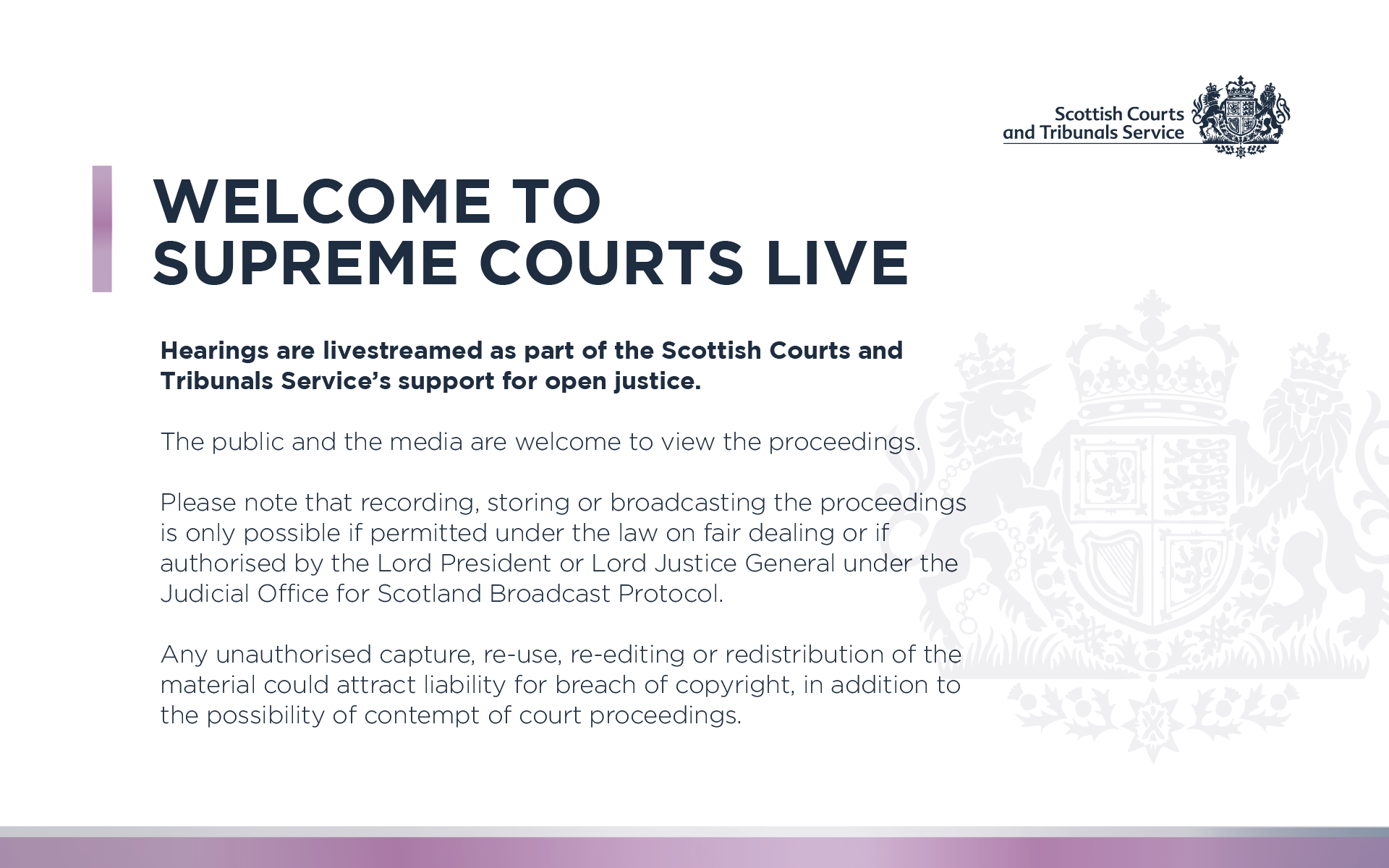Case description
The appellant entered into a hire purchase agreement with the first respondent for a Jaguar E-Pace motor vehicle in June 2019. In October 2020 he emailed the first respondent rejecting the vehicle on the basis that it was defective and thus not of a satisfactory quality (see Consumer Rights Act 2015, sections 9 and 20). He commenced proceedings seeking a declaration by the court that the vehicle was defective from the outset; that he had validly rejected it; that the first respondent was in material breach of contract; and that the contract had been rescinded. It is not disputed that in the meantime the appellant continued to tax, insure and drive the vehicle until 3 November 2021.
At a hearing before the sheriff to determine the first respondent’s motion for summary decree, it was argued that the appellant was personally barred from insisting on his right to reject the vehicle under the 2015 Act due to his continued use post-rejection. The appellant contended that, because the first respondent had failed to collect the vehicle, his post-rejection use did not bar his claim. The sheriff held, on the basis of the reasoning in The Electric Construction Company Ltd v Hurry & Young (1897) 24R 312, that the appellant’s continued use was inconsistent with his purported rejection and, as such, he was personally barred. The Sheriff Appeal Court also held that the action was barred; however, by operation of a common law bar rather than personal bar (see Ransan v Mitchell (1845) 7D 813).
The appellant appeals against the decision of the Sheriff Appeal Court on four grounds. First, the common law bar was applicable to sale contracts and not hire purchase. Second, the common law bar was superseded by the 2015 Act, which reformed the right to reject. Third, in interpreting the 2015 Act, the court failed to take into account its legal and economic context, as well as the practical effects of the competing interpretations, which would have led to a different decision.
Fourth, the authorities the court relied upon were contradicted by more recent authority (see MacDonald v Pollock 2013 SC 22).
The Competition and Markets Authority has been granted leave to intervene.
Their intervention will address the proper construction of the “short term right to reject” and “final right to reject” under the 2015 Act, with particular focus on the origins of these rights and the influence of EU law on the final right to reject.

